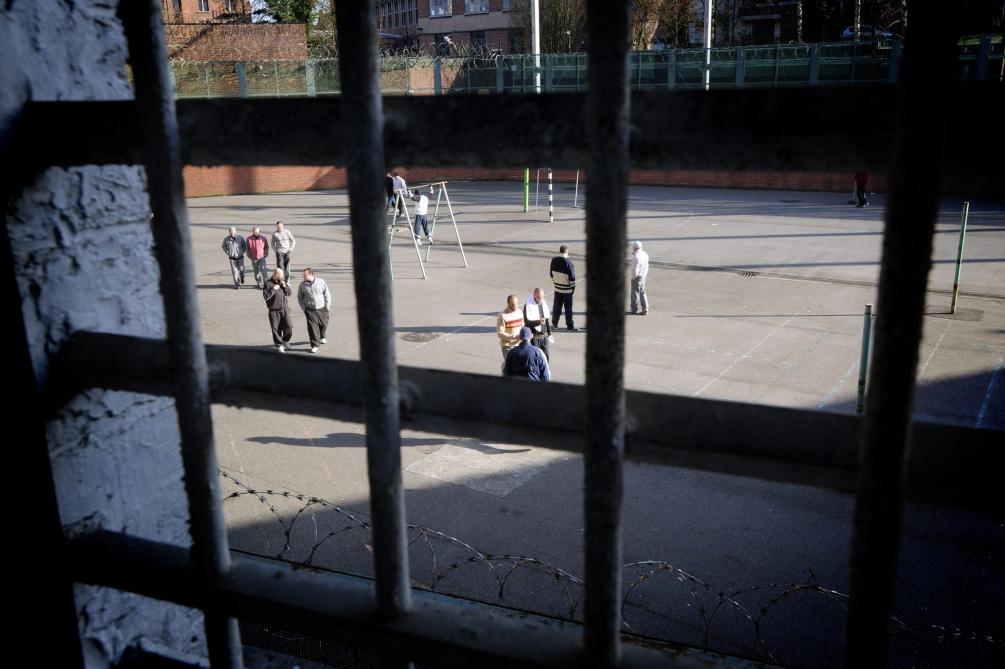Belgian prisons must urgently address overpopulation problems in the face of the coronavirus pandemic, including by releasing "all prisoners who can be released."
"In overcrowded, and at times insalubrious, establishments, preventive measures are inapplicable," Belgium's Central Council of Penitantiarty Surveillance (CCSP) said in a press release.
With authorities still fighting to contain the spread of the new coronavirus (Covid-19) in Belgium, the CCSP said that it was now "urgent to drastically reduce the number of people detained," citing concerns over health but also security risks.
Efforts to limit new incarcerations to "a strict minimum," to release those in preventive or pre-trial detention and to postpone sentence enforcement should continue, the CCSP, an independent oversight body, said.
"At the same time, it is imperative that all those who can be freed from prison are released," the CCSP said, stressing the need to advance the early release of anyone eligible to it.
For a capacity of 9,219 places, including shared prison cells, there were 9,981 inmates in Belgian prisons as of 31 March, down from 10,853 on 13 March, CCSP President Marc Nève said in an email statement.
Prisons should also implement measures to ensure appropriate health conditions in prisons, the CCSP said, calling on management to ensure that inmates and prison staff have sufficient access to sanitary products and regular access to running water.
Related News
- Coronavirus: some prison sentences may be postponed
- Coronavirus: Belgian prisoners uneasy over new measures
- Coronavirus round-up: sewing machines for prisoners, police hunt youths with drones
"There are many old facilities where inmates do not have a toilet or running water in their cells," Nève said, citing the example of the Forest prison in Brussels.
The CCPS' appeal comes after the federal justice ministry issued a decision last week enabling prisoners who had six months left in their sentences to qualify for a conditional early release with an ankle bracelet.
"It would be perfectly understandable that [Justice Minister Koen Geens] excludes certain categories of prisoners, such as those convicted for violent crimes, but there are many others who are not in that case," Nève said in a statement by phone.
The first confirmed Covid-19 case in a Belgian prison was detected in a detention facility in the Walloon city of Mons on 13 March, which ultimately led authorities to suspend all visits to inmates.
On Sunday, the criteria for testing patients for the virus was enlarged to include those living in "residential collectives," including prisons, in order to avoid the appearance of infection clusters.
Gabriela Galindo
The Brussels Times

